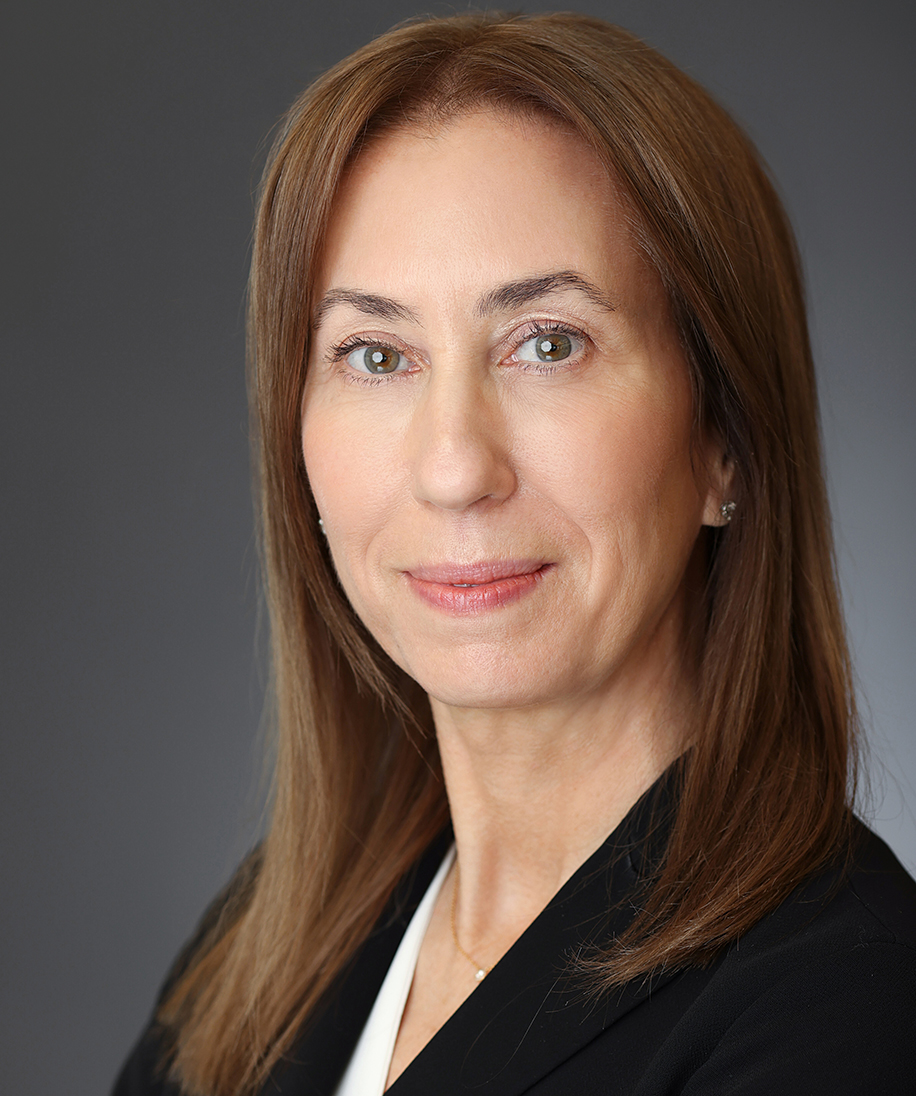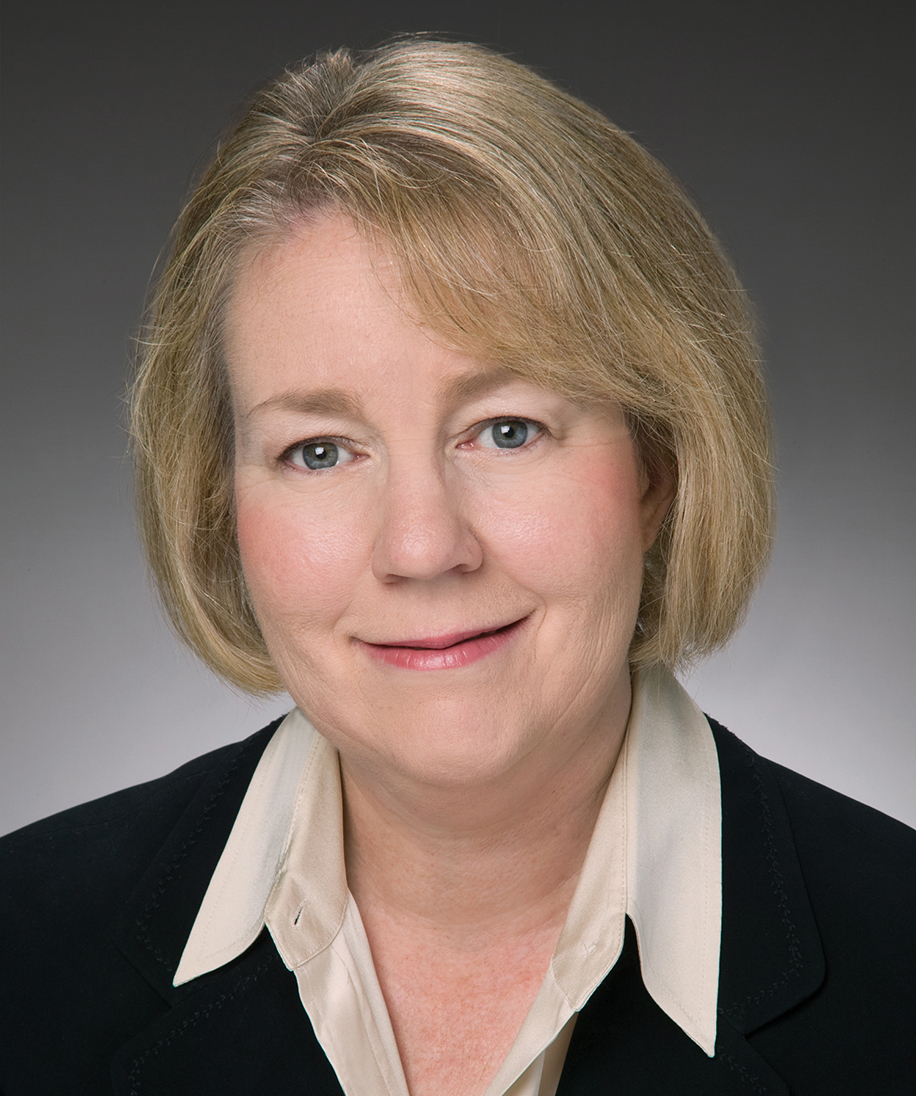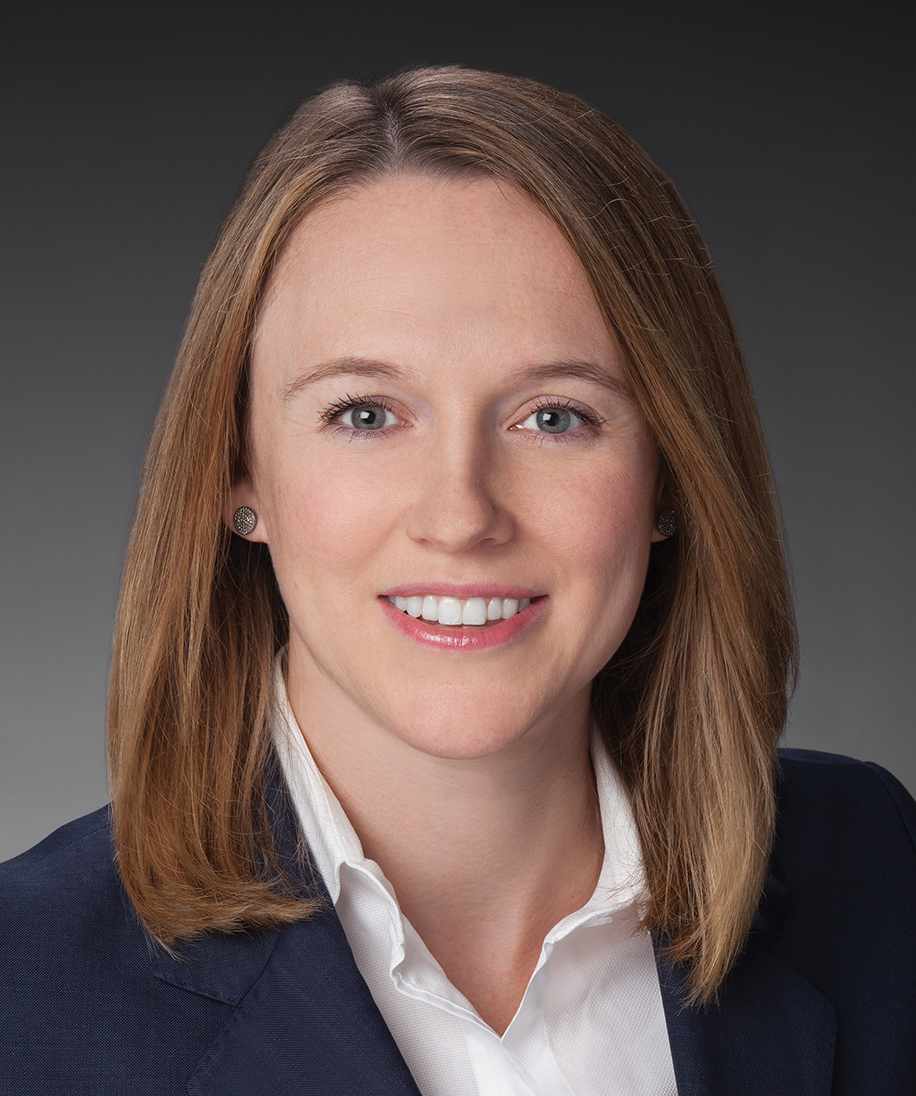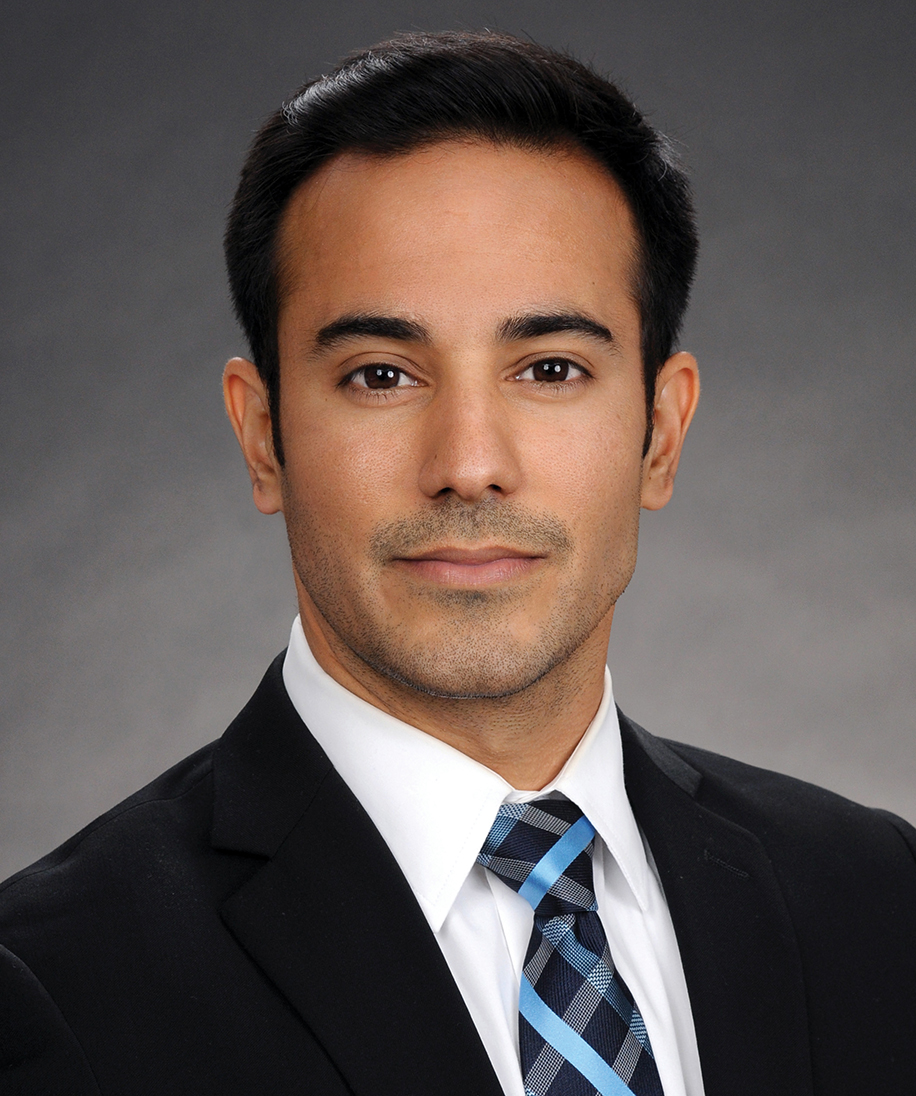Client Alert
LA Mayor Issues Emergency Order Providing Paid Sick Leave to Certain Employees Affected by COVID-19
April 08, 2020
By Felicia Davis & Ankush Dhupar
Click here to read more from our Coronavirus series.
Los Angeles Mayor Eric Garcetti declined to sign the City Council’s March 27, 2020 Supplemental Sick Leave Ordinance, opining that it imposed unnecessary burdens and costs upon employers. Instead, on April 7, 2020, Mayor Garcetti issued an emergency order extending supplemental paid sick leave benefits to a more limited subset of employees working in the City of Los Angeles. The Order took effect on April 7, 2020, and will remain in effect until two calendar weeks after the expiration of the COVID-19 local emergency period.
The Order applies to all workers who perform any work within the geographic boundaries of the City of Los Angeles for an employer with either 500 or more employees within the City of Los Angeles, or 2,000 or more employees within the United States. The Order defines “employer” to include “a corporate officer or executive, who directly or through an agent or any other person, including through the services of a temporary service or staffing agency or similar entity, employs or exercises control over the wages, hours or working conditions of any Employee.” (Emphasis added.) The Order, however, exempts:
Employers with paid leave or paid time off policies that provide a minimum of 160 hours of paid leave annually; [1]
Employers of employees working as certain emergency personnel and health care workers, as defined by statute;
Employers of employees providing global parcel delivery services;
New businesses that started in the City, or that relocated from outside the City, on or after September 4, 2019 through March 4, 2020, unless the employer was in business in the City in the 2018 tax year or the employer is a construction business or film producer, as defined by statute;
Employees of government agencies working within the course and scope of their public service employment; and
Any business or organization that was closed or not operating for a period of 14 or more days due to a city official’s emergency order because of the COVID-19 pandemic or provided at least 14 days of leave.
The amount of supplemental paid sick leave shall be calculated as follows: An employee who works at least 40 hours per week or is classified as a full-time employee by the employer shall receive 80 hours of supplemental paid sick leave. An employee who works less than 40 hours per week and is not classified as a full-time employee by the employer shall receive supplemental paid sick leave in an amount no greater than the employee’s average two week pay over the period of February 3, 2020 through March 4, 2020.
Impacted employees are entitled to a maximum of $511 per day and $5,110 in the aggregate.
To qualify, workers must have been employed by the same employer from February 3, 2020 through March 4, 2020 and be unable to work or telework for one of the following reasons:
The employee takes time off due to COVID-19 infection or because a public health official or healthcare provider requires or recommends the employee isolate or self-quarantine to prevent the spread of COVID-19;
The employee takes time off work because the employee is at least 65 years old or has a health condition such as heart disease, asthma, lung disease, diabetes, kidney disease, or weakened immune system;
The employee takes time off work because the employee needs to care for a family member who is not sick but who public health officials or healthcare providers have required or recommended isolation or self-quarantine; or
The employee takes time off work because the employee needs to provide care for a family member whose senior care provider or whose school or child care provider caring for a child under the age of 18 temporarily ceases operations in response to a public health or other public official’s recommendation, but only if the employee is unable to secure a reasonable alternative caregiver.
An employer may not require a doctor’s note or other documentation for an employee’s use of this supplemental paid sick leave.
The Order provides that a collective bargaining agreement in place on the effective date of the Order may supersede its provisions if it contains COVID-19 related sick leave provisions. When the collective bargaining agreement expires or is otherwise open for renegotiation, the Order’s provisions may only be expressly waived if the waiver is explicitly set forth in the agreement in clear and unambiguous terms. Importantly, if a collective bargaining agreement is in place but does not address COVID-19 related sick leave, the employer must comply with the Order unless and until the agreement is amended to expressly waive the provisions of the Order in clear and unambiguous terms.
An employer’s obligation to provide supplemental paid sick leave under the Order shall be reduced for every hour it allowed a covered employee to take paid leave in an amount equal to or greater than the requirements set forth in the Order, not including previously accrued hours, on or after March 4, 2020, for any of the four reasons described above.
[1] Mayor Garcetti noted that he wanted to avoid putting “excessive burdens on businesses that are already doing the right thing.”
Contributors




Practice Areas
For More Information



